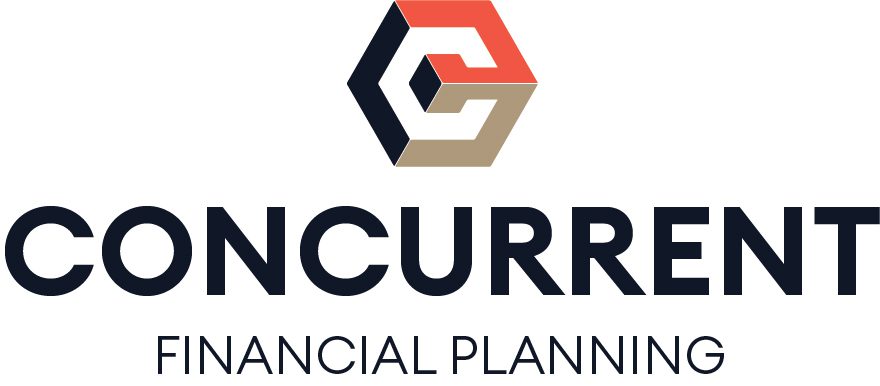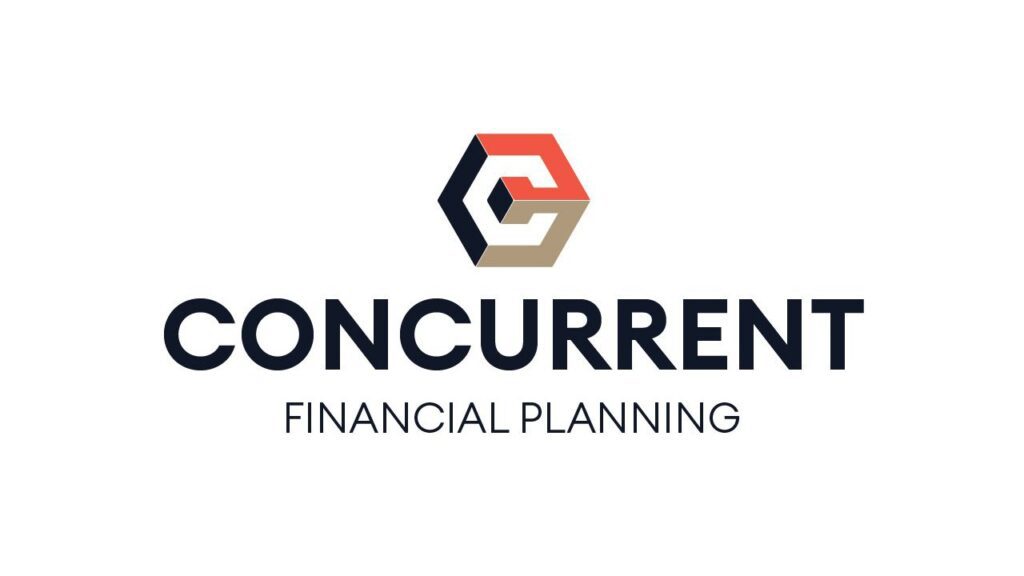One of the most incredible experiences in life is to have an “Aha, moment!” An enormous sense of relief overcomes you, which comes from the joy of discovering an answer to a most pressing question or issue. The pursuit of realizing your next best feeling, which is to accomplish the goal you set forth, will supersede any desire not to actualize your goal. Nor will you desire to revert to the uncertain feeling before your “Aha Moment!”
“Aha moments!” have been around since the beginning of time yet found their cultural significance on Oprah Winfrey’s daytime talk show. “Aha moments!” are such a pop culture that in 2012, Merriam-Webster added the phrase to the dictionary, defining it as “a moment of sudden realization, inspiration, insight, recognition, or comprehension.”
The single most important step to engage the process and progress of your personal finances is your “AAA (Aha) Moment!” which is to Admit, Acknowledge, and Act in your personal financial audit.
1. ADMIT: Admitting where we are in our financial life can be sobering.
Oftentimes, there is a disconnect between perception and reality. In the movie “A Few Good Men” (Tom Cruise and Jack Nicholson), Lt. Kaffey shouts at Col. Jessep, “I want the TRUTH!” to which Col. Jessep famously replies, “You can’t handle the truth!” Studies show that American households are not ready for their financial truths.
Short-term: Two independent surveys conclude that 62% of Americans have less than $1,000 in their savings account, and only 14% of the remaining 28% have over $10,000.
Long-term: According to a recent survey, 57% of Americans have saved less than $25,000 for retirement, and 67% say that not only do they know they are behind but that they are way behind on saving for retirement.
2. ACKNOWLEDGE: After we admit our current financial truth, we can acknowledge how we feel about our reality.
This stage is often met with reluctance because it confronts uncomfortable emotions. Shame, guilt, and blame are challenging to process. Dr. Brene Brown has one of the top five most viewed TED TALKS globally, with more than 20 million views. In a recent interview, she said, “the no shame, no blame” rule is the most important when dealing with personal finances. After we reconcile these feelings, learn from them, and most importantly, let them go, we can reframe them into positive motivators.
3. ACTION: Winston Churchill once wrote, “I never worry about action, only about inaction.”
One primary goal in the journey to financial freedom is to mitigate worry and uncertainty within our personal finances. There is certainty in inaction such that it guarantees more of the same. Acting feels better. Teresa Amiable of the Harvard Business Review conducted a study on “The Power of Small Wins.” The study finds that the power of progress keeps people motivated toward accomplishing their larger goals because of the good feelings they experience along the way through successive small wins.
Here are a few action steps that you can immediately take to obtain the small wins necessary to sustain your commitment to your mid-to-long-term goals.
1. Target 3-5 issues in your current money plan that you can reasonably accomplish in 90-days and write positive affirmations. For example: My goal is to have 3-6 months of liquid living expenses in a savings account. I will open a savings account separate from my primary checking account and automatically transfer a specified amount every pay period.
This will reduce worry and increase my peace of mind, which will keep me motivated toward my mid-to-long-term goals.
My goal is to be debt-free in 2 years. I will identify the lowest balance debt item and automatically allocate a specified amount every pay period until it is paid off.This will reduce my worry and increase my peace of mind, which will keep me motivated toward my mid-to-long-term goals.
My goal is to identify and eliminate unidentified expenditures, pay myself a fixed personal allowance, and allocate the difference to my small win list.This will reduce my worry and increase my peace of mind, which will keep me motivated toward my mid-to-long-term goals.
2. Enjoy your near-term wins! They will immediately improve your near-term financial position, peace of mind and set you up for success in the subsequent phases of your mid and long-term goals.
In the age of do-it-yourself, a trusted comprehensive financial planner relationship will help guide your money decisions across your life’s course. The apparent keyword is trusted. “Who do you trust?” is an essential question. My suggestion is to find someone in your life circle who you trust. Ask them who they work with and how that financial planning professional has specifically impacted their lives for the better.
I hope your “AAA Moment!” leads you to your desired place of serenity. Be well!


